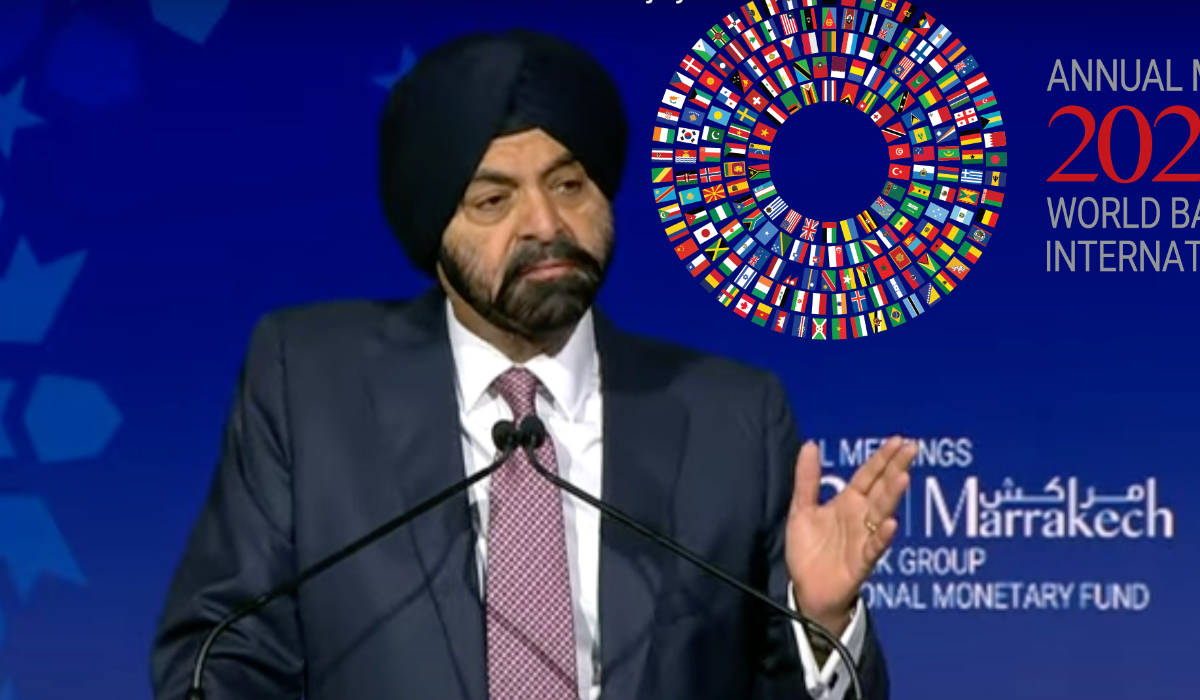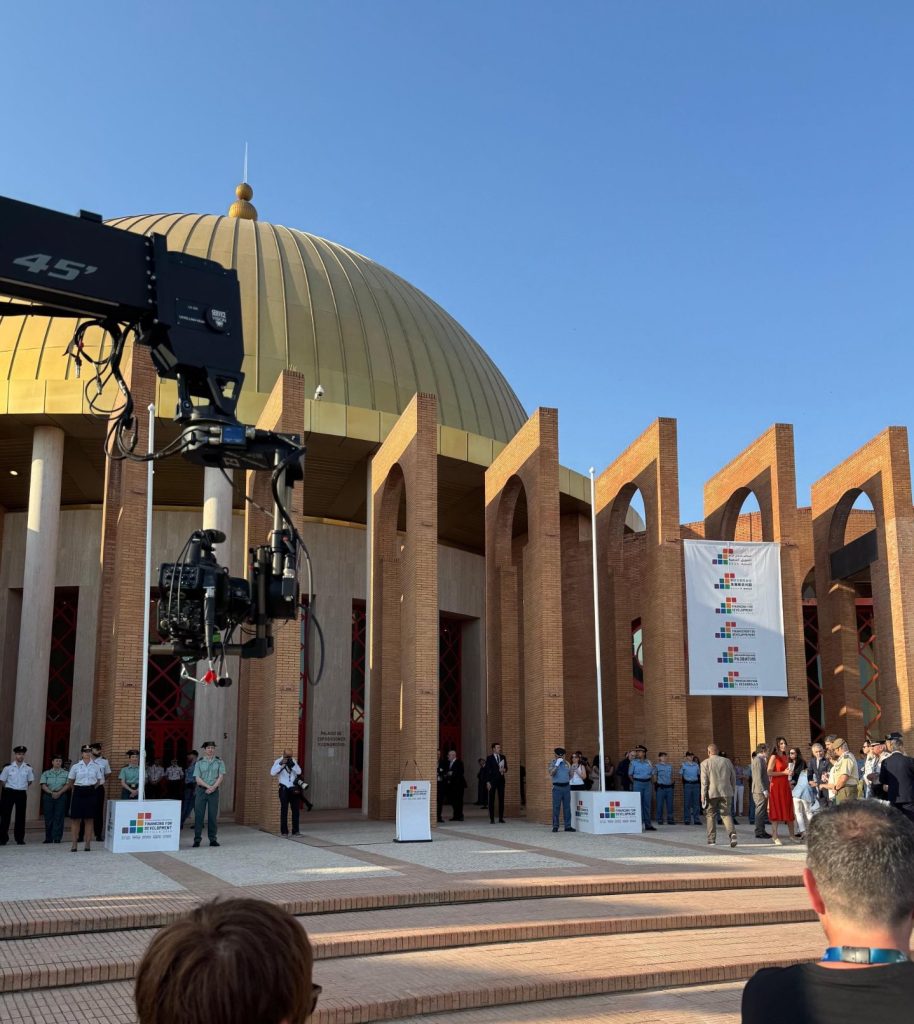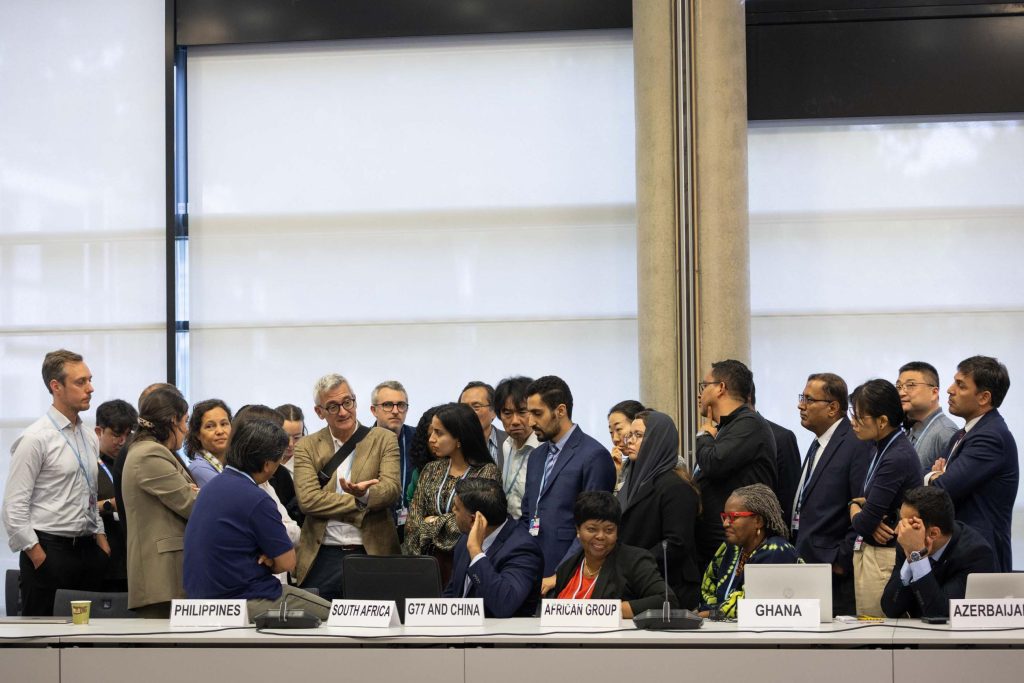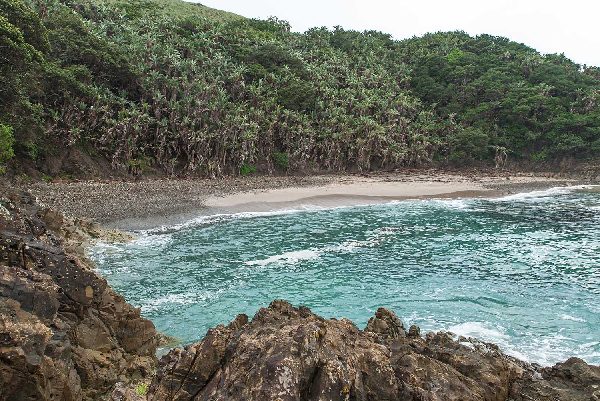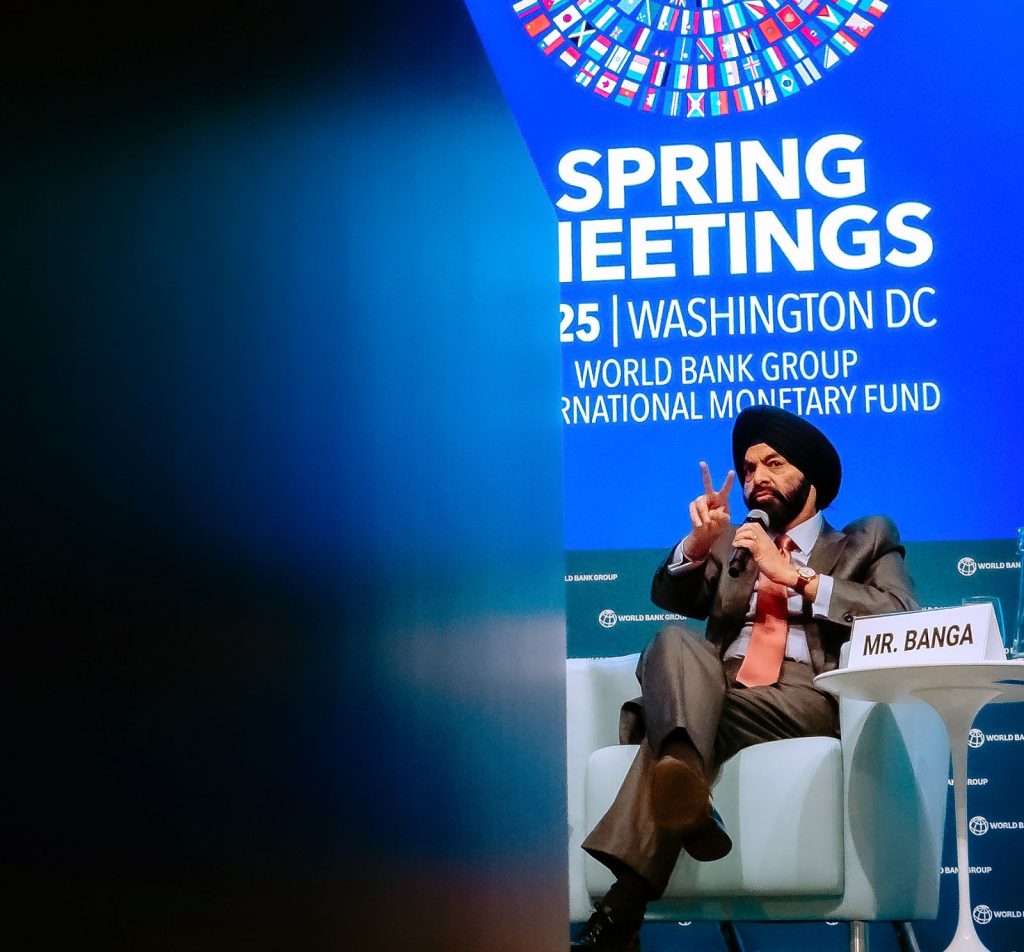Climate finance has always been more than what happens at the COPs, and increasingly the world is looking to decisions taken at the annual general meetings of the IMF and World Bank as a litmus to assess the extent of progress on finance reforms. After a long build up this year, including the Paris Summit for a New Global Financing Pact, and the finance focused African Climate Summit, all eyes were on the World Bank and IMF at their general meetings in Marrakesh on 9-15 October, to see if there was appetite within these institutions to meaningfully deliver on their commitments to be more climate responsive.
The week was overshadowed by debt, inflation and conflict, notably that between Israel and Hamas, as well as September’s earthquake in the host city, Morocco, however, some incremental progress was achieved. The IMF pledged to increase member contributions which would afford a “meaningful increase” in lending resources by the end of this year. There was also agreement to add a third IMF Executive Board chair to represent African countries, something the continent has been pushing for many years. Another win was a commitment from the IMF Chair to revisit its surcharge policy, again something that the Africa High-level Working Group on the Global Financial Architecture was looking to see. But African countries were also hoping for meaningful changes when it came to quotas, specifically for their realignment to ensure African countries had a greater share of access to IMF resources, and voting. No agreement could be reached on this, however, and instead the issue won’t be dealt with this year (during the 16th quota review) but has rather been pushed out to the next quota review, probably around 2025. Lastly, African countries have been calling for greater traction in rechannelling Special Drawing Rights (SDRs), which give countries access to more liquidity, through the African Development Bank. Little was achieved on this front, although the IMF did agree to consider scaling up voluntary contributions of SDRs, to its new trust established for low and vulnerable middle income countries to cope with external shocks such as climate change (known as the RST).
Progress achieved within the World Bank was equally patchy. The Bank deftly skirted the issue of a capital increase, which many developing countries have been looking to see, but it’s unclear how much longer they can leave it. As the Bank’s president, Ajay Banga, told reporters “I’m definitely going to go back to our shareholders to seek a bigger bank because I believe that is what the world needs for the next coming decades.” This will come as a particular disappointment to African countries who were hoping that the Bank’s middle and low income lending arms, the IBRD and IDA, would have more capital injected into them to better respond to finance needs and also avoid the redirection of funds away from poverty alleviation. Commentators from the Center for Global Development speaking to Devex, have pointed out that while a number of countries including France, the UK and the G20 Independent Expert Group were all in favour of giving the Bank more resources to lend with, the US has been notably silent. The position appears to be that the US wants to see the Bank implement more reforms to better use existing capital first and “optimise its balance sheet” before releasing more funds. While the Bank didn’t get more capital, did agree to do just that. It decided to put in place a new portfolio guarantee platform and debt-like hybrid capital to further stretch the resources that it currently has.
The Bank’s governing body also approved its vision statement to “create world free of poverty on a liveable planet,” making it clear that it would also include climate change as part of its core mission. Moreover, Banga confirmed that the Bank would be dramatically reducing the time needed to get a project off the ground by simplifying approval and adjusting review processes, in turn addressing a long-standing woe of developing countries when using its resources.
But little was achieved when it came to debt reform. African Ministers of Finance were hoping to see more climate related debt pause clauses, a suspension of debt servicing for all countries entering the Common Framework for Debt Treatments for restructurings, and for the Framework to also cover middle income countries. But as the European Network on Debt and Development (Eurodad) pointed out, beyond some incremental measures, neither the IMF and World Bank, nor the G20 Finance Ministers, took any steps to respond to the calls by civil society and global south leaders, to deliver on debt cancellation and debt architecture reform, and that the institutions are obstinately holding onto finance arrangements that have contributed to the current development crisis. Eurodad Director Jean Saldanha stated “what we heard throughout this week was a quick dismissal of proven solutions like debt cancellation and an injection of public resources. Instead we again saw the promotion of tried and failed recipes: mainly the push to leverage private finance, with risk transferred to the public purse, coupled with more austerity.”
Coupled with the weak pledges to the Green Climate Fund this month, also discussed in this week’s issue, the outlook on meaningful climate related developments within the public sector and IFIs is relatively dismal. However, negotiators have not lost sight of the opportunity for IFIs to play a meaningful role and bridge the gap left by developed countries. No doubt will be looking to push these institutions to commit to more concrete and developing country centric reforms during COP28 and thereafter.

